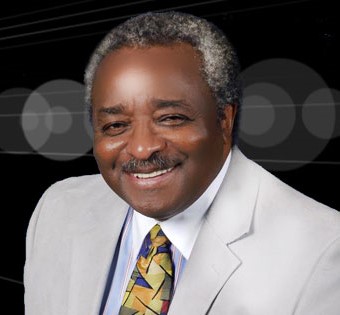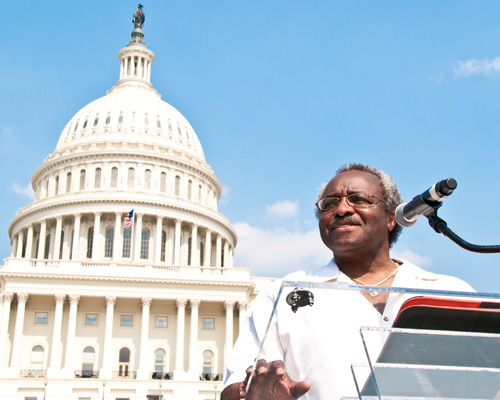When Law Bowed to Justice – The Amistad Story
By Attorney Johnny Barnes
Inscribed above the United States Supreme Court Building is the pronouncement, “Equal Justice Under Law.” They got it wrong. It would be a more perfect statement if it read, “Equal Law Under Justice.” Justice is the higher authority. Man makes Law, imperfect, with faults and frailties. Justice, on the other hand, commands the highest, the best, the most fair and moral. Justice commands truth.
Slavery was law, made by man. But, it was not just. That is why the book, “The Amistad,” and the 1997 movie by the same name (starring Morgan Freeman and Anthony Hopkins) is more than a literary work, more than a motion picture. Both are penetrating, entertaining documentaries. Both, more importantly, capture the story of one of those times in the history of American jurisprudence when law bowed to justice, when impartiality prevailed over expediency, when righteousness overcame popular sentiment. This is a book and a movie that must not only be read and seen, each must be pondered and watched. They require your attention.
Stolen from their homeland in Sierra Leone by a group of Spaniards, a number of Africans from the Mende tribe were shuttled to a ship, bound for a port in Cuba. However, Cinque, a central character in the book and movie, favored freedom. Instinctively, he knew that his captivity, and the attempt to enslave him, was inconsistent with justice. While the Spaniards slept, under the cloak of darkness, he freed himself and the others.
Once free, 25 year old Cinque and his followers discussed what to do next. Although there was disagreement, they spared three of the Spaniards and directed them to guide the ship. The Spaniards betrayed them, and eventually they were taken by an American vessel and jailed in Connecticut. Thus began this important and intriguing legal case.
Inscribed above the United States Supreme Court Building is the pronouncement, “Equal Justice Under Law.” They got it wrong.
The plight of Cinque and the others became a cause for the abolitionists. The first venue was the United States C9ircuit Court in Connecticut. Their lawyers argued that they were free persons, unlawfully enslaved and thus “natural law” should prevail, and an indictment for murder and piracy was not appropriate. The attorney for the Spaniards, whose lives they had spared and who had betrayed them, argued that they were their property. The Spanish Minister in Washington, D.C. claimed that the vessel and its cargo, including Cinque and the others, was the property of Spain. The United States District Attorney made that argument. And, the attorney for the American vessel that had been seized, the Amistad, claimed that it was salvage, and the vessel and its cargo belonged to them.
On the day the trial began, William Cullen Bryant wrote a poem in honor of Cinque, the closing lines of which stated, “The scars his broad bosom wore showed warrior tru and brave; A prince among his tribe before, He could not be a slave.”
Through a maze of court decisions and legal maneuvering, the case ultimately went before the United States Supreme Court. At stake, as the author Howard Jones notes, was the question of whether “property rights affirmed by positive law had preference over personal liberty drawn from the law of nature.”
“The scars his broad bosom wore showed warrior tru and brave; A prince among his tribe before, He could not be a slave.”
The composition of the Supreme Court led many to believe that the Spaniards would prevail. Former President John Quincy Adams finally agreed to join the team representing Cinque and the others. The stage was set.
Despite the odds and despite the fact that the United states Government was against them, the attorneys for the captives achieved a dramatic victory that resulted in the freedom of Cinque and the others and their return to Africa. This was a most encouraging and inspiring case, not only because the captives prevailed, but more importantly, because “America’s legal system [on that occasion] had performed its function of securing justice.”






